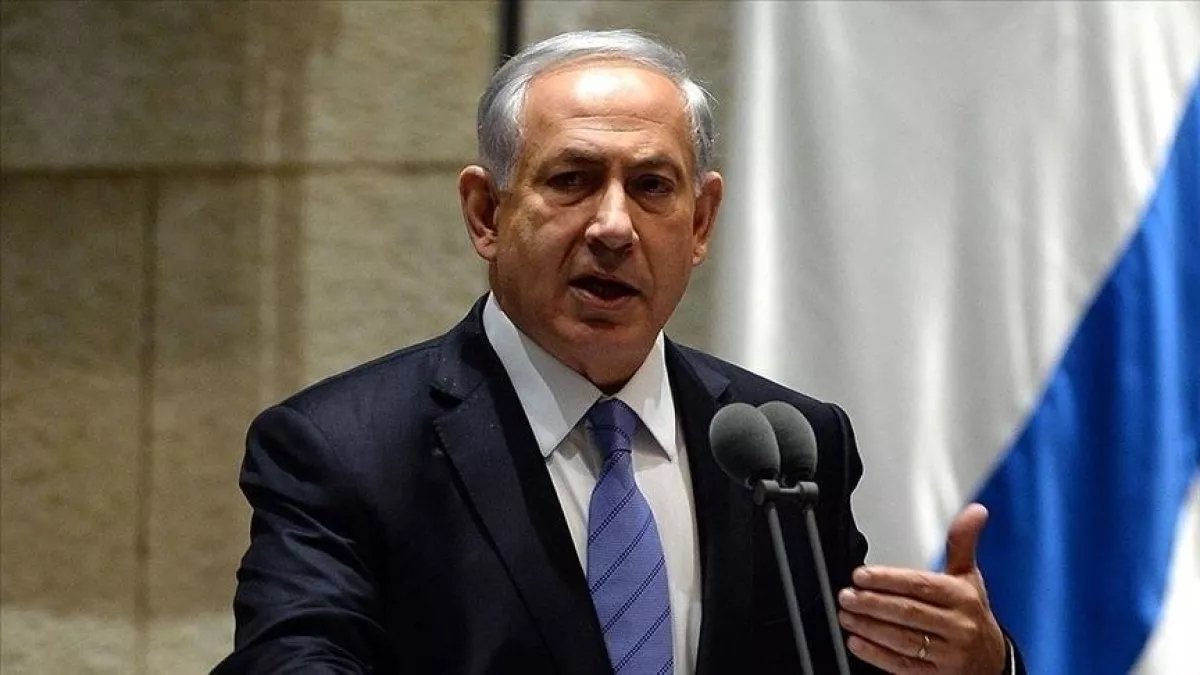How Netanyahu’s far-right pact is undermining Israel’s war and morality Analysis by The Atlantic
In The Atlantic’s sobering deep dive, the magazine unveils a painful paradox: Prime Minister Benjamin Netanyahu, long the face of Israel’s leadership, now appears more like a figurehead—a man held hostage by the far-right ministers who resurrected his political career in 2022. This article dissects how Netanyahu’s alliance with extremists such as Itamar Ben-Gvir and Bezalel Smotrich has paralyzed sound policy-making, compromised Israel’s war effort in Gaza, and deepened a humanitarian catastrophe.
When Netanyahu returned to power after political exile, he did so with a razor-thin parliamentary majority—just 64 of 120 seats—dependent on ultra-nationalist parties led by Ben-Gvir and Smotrich, both with records of anti-Arab incitement and support for ethnic cleansing policies in the occupied West Bank. Despite their fringe ideologies, both men were handed influential ministerial roles in Netanyahu’s government. This alliance of convenience quickly proved corrosive: while Netanyahu outwardly claimed to restrain his coalition’s more extreme impulses, reality has consistently shown the opposite.
Nowhere is this tension more tragic than in Gaza’s growing hunger crisis. After Hamas's October 7 attack that killed 1,200 Israelis, Israel had to decide how to balance military action with humanitarian necessity. The United Nations Relief and Works Agency (UNRWA), the only entity with the infrastructure to deliver aid, was tainted by deep Hamas infiltration—some of its employees even participated in the October 7 massacre. Yet instead of establishing an alternative aid mechanism early in the war, or overwhelming Gaza with enough food and fuel to reduce Hamas’s control of scarce resources, Israel vacillated. It cracked open and shut off aid access repeatedly, sending contradictory messages to allies and to Gazans.

Benjamin Netanyahu
This indecision was not the result of military confusion but political calculation. Netanyahu, facing simultaneous pressure from U.S. allies and his extremist coalition partners, needed every policy to serve two incompatible goals: fight Hamas, and appease those who wanted to starve Palestinians into leaving Gaza. Ministers like Ben-Gvir have explicitly endorsed “voluntary migration” as a war aim and opposed all humanitarian assistance. The government’s inconsistent aid policy—first cooperating with UNRWA, then blockading all aid, and eventually creating a failed alternative system—was a function of this internal power struggle.
Netanyahu’s political survival has come to depend entirely on his far-right allies. With moderating forces—such as Defense Minister Yoav Gallant and centrist Benny Gantz—either dismissed or gone, and with Donald Trump back in the U.S. presidency as of November 2024, the right flank no longer needs restraint. Trump’s call to relocate Gazans and build a “Riviera in the Middle East” only emboldens their most radical aspirations.
This drift toward an unhinged war strategy—combining half-measures, maximalist rhetoric, and humanitarian devastation—has alienated Israel’s international allies. Once assumed to be dealing with a conservative but conventional Israeli government, countries like Britain, Canada, and Australia now see a far-right agenda operating under Netanyahu’s nominal leadership. Without U.S. pressure to counterbalance the extremists, these partners are scrambling to influence policy with dwindling leverage.
The Atlantic paints a grim picture: Israel is not just fighting Hamas; it is being reshaped from within by those who view the war as a tool for ethnic reengineering. Netanyahu, once a master political tactician, now presides over a moral and strategic collapse—trapped by the very extremists he empowered.
By Vugar Khalilov








